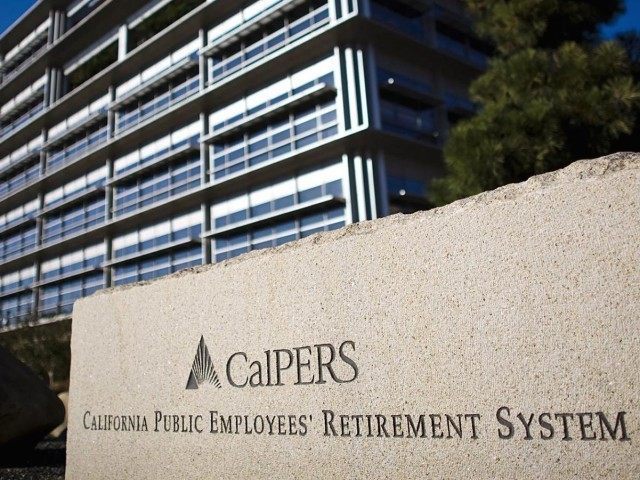CalPERS, the Golden State’s public employee retirement system, is seeking to shift the cost and risk of pensions to taxpayers after a $5 billion shortfall in 2014.
The reason? The state made unrealistic promises to its workers during the dot-com boom of the late 1990s, based on overly optimistic projections for returns on its investments.
The only way to fulfill those promises has been to make high-risk investments with greater potential for large returns.
But with memories of the the 2007-8 recession lingering, and fears of a new asset bubble, Gov. Jerry Brown and lawmakers in Sacramento want the pension system to shift to less risky bonds–and want taxpayers to cover more of the cost.
The pressure for reform is building, not only because of fears of a new stock market crash, but also because the state’s workforce is aging, with a large number of baby boomers retiring. The Los Angeles Times reports that under CalPERS’ new plan, workers would be required to pay more into their pensions, as well–but only if they were hired after 2013.
The plan is scheduled to be discussed by the CalPERS board in October, the Times reports. Should it pass, it “could cause government pension funds across the country to rethink their investment strategies,” the Times notes.
One obstacle: the minority of California cities that say they simply cannot afford to bear the costs of greater taxpayer contributions.
Another problem is the politicized nature of public pension investment strategies in California.
A bill currently moving through the California legislature, SB 185, would require the state’s public pension systems to divest from fossil fuel holdings. As Breitbart News’ Chriss Street has noted, the cost of SB 185 to California pension systems could be significant.

COMMENTS
Please let us know if you're having issues with commenting.